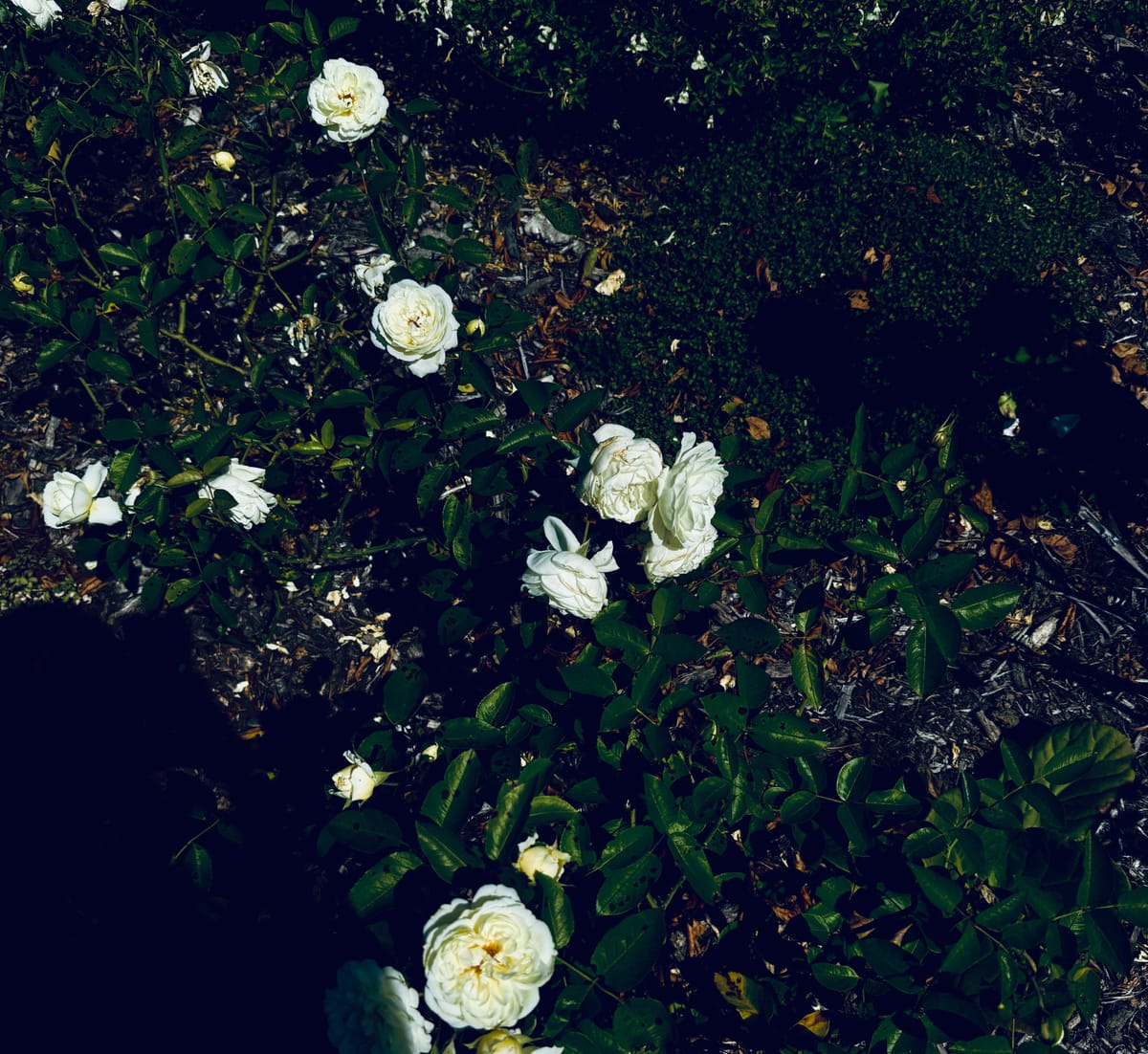She Gave Herself To The Sky
A reflection on the loneliness and strength of womanhood, this piece weaves personal memory with Taiwan’s forgotten feminist history.

She gave herself to the sky. And on a rainy day, we brought her home. She is no longer alone.
Sometimes I feel that my world is so full of melancholy that it cannot contain anyone else, but at the same time, I deeply long to be understood.
In the film Little Women, the character Jo once said something I liked very much.
She said:
“Women, they have minds, and they have souls, as well as just hearts. And they’ve got ambition, and they‘ve got talent, as well as just beauty. I’m so sick of people saying that love is just all a woman is fit for. I’m so sick of it. But I’m so lonely.”
Jo’s monologue has always been a kind of daily dialogue between me and myself. I constantly remind myself that I should live as the most independent version of a woman, but at the same time, I am also very lonely. To me, this is contemporary womanhood—this is what we are facing. It’s like a quiet shadow that slowly consumes you.
My current understanding of being a woman is this: we choose kindness not because maternal love has taught us anything. It’s more like a mother’s gentle heart engraved in our memory, whether we are still young or already grown up. But this world’s contempt toward us has never disappeared.
Looking back at history, we can see—from the Indigenous women on the island of Taiwan, who became mothers of the land to protect their tribes and nourished countless Indigenous cultures; to the Taiwanese women under Japanese rule, who were, legally speaking, citizens of the Japanese Empire. But the imperialism movement at the time made countless women understand that we must be strong.
At the same time, that period was also the beginning of feminist awakening in Taiwan. Can you imagine—in the spring of 1930—they picked up their pens and wrote down the traces of women’s history?
They were also among the first group of highly educated women. They grew up through their training at the Taihoku Girls’ High School (now Taipei First Girls’ High School), wore kimono, styled their hair in the most fashionable ways. They were fully equipped and wrote in a literary style, publishing the first generation of feminist works in the Taiwan Nichi Nichi Shinpō.
That was a brilliant beginning.
But they must never have imagined that fifteen years later, after the defeat of the Japanese Empire, they would be sent to the re-education camps on Fire Island, where everything once beautiful and soft would be washed away.
Green Island—no, in this context, we must call it “Fire Island.” Because it was the external regime of the Republic of China that tightly bound Taiwan to this day.
Just like in the film Untold Herstory—the opening is my longing for a mother (okāsan お母さん )— that is Kyoko’s concern for her mother in the letter. But in the end, the ones who sacrificed were women; the mothers who waited for their daughters to return were women; and the ones who, having no chance to speak to their sons, still believed that sacrifice could bring strength—were also women.
But we, step by step, brought light back into our world. From the Wild Lily, to the Wild Strawberry, then the Sunflower, and now the Bluebird. We have brought the world into Taiwan through countless student movements, and because of the world coming in, our winters are no longer so lonely.
Women know—not because we are born knowing, but because we have walked through it.
We will not scream or wail, demanding that you must stand beside us, because that strength is something we have saved for childbirth. Nor will we stand on the edge of society in a weak and gloomy state, hoping for your sympathy. Because from the history that women have walked through, we have absorbed power.
But I also hope that we can stand side by side. If both people are willing to give up half, then no one will need to sacrifice everything anymore, right?
But the Kyoko I miss—she really will never come back again. She gave herself to the sky, and we, on a rainy day, brought her back.
And she is no longer alone.
Lillian Huang





